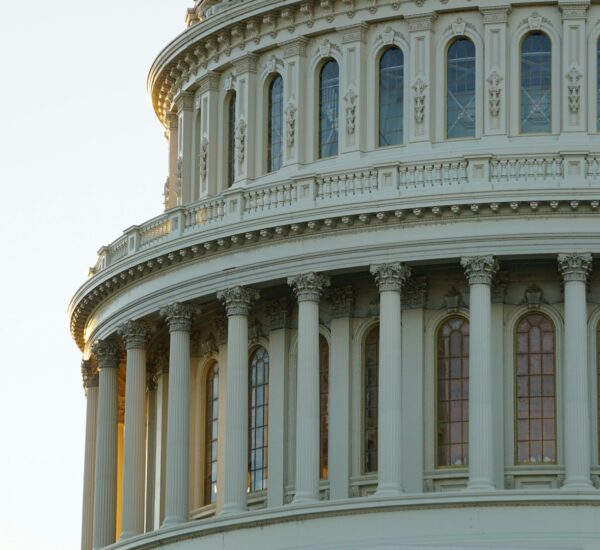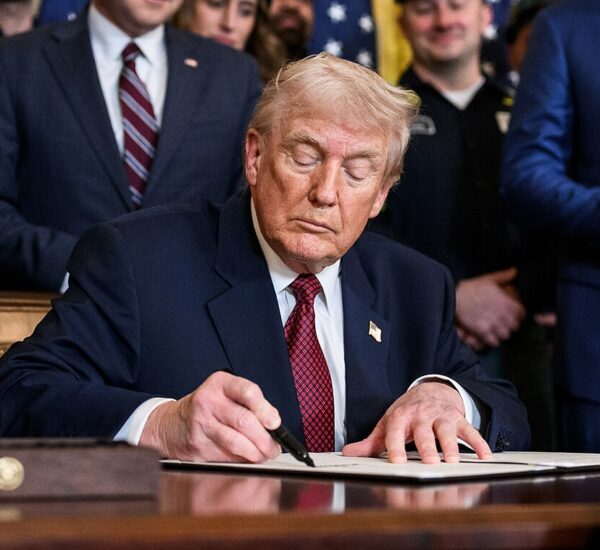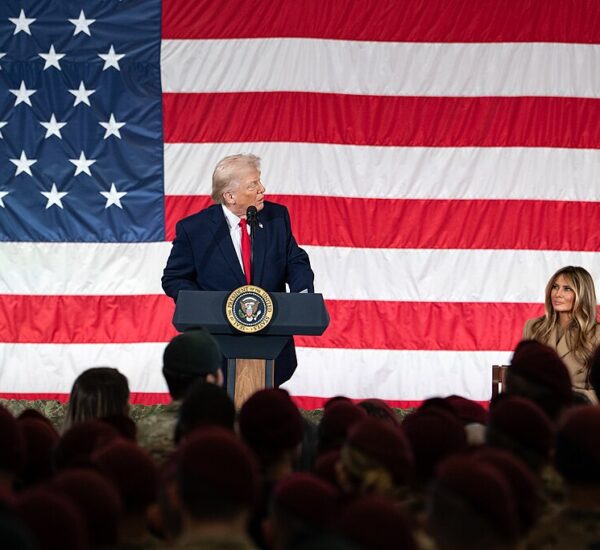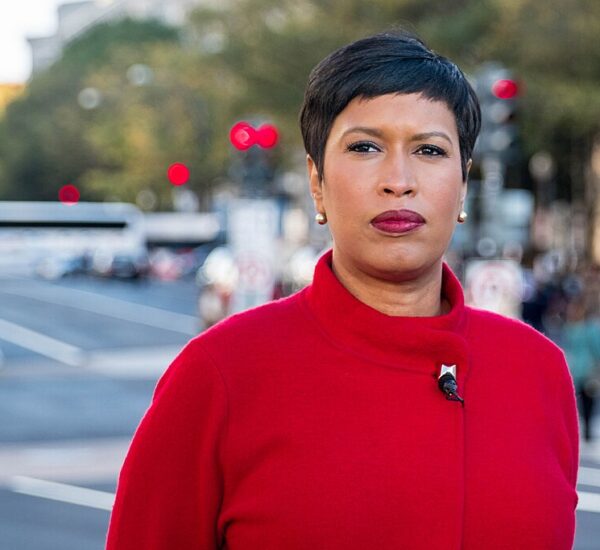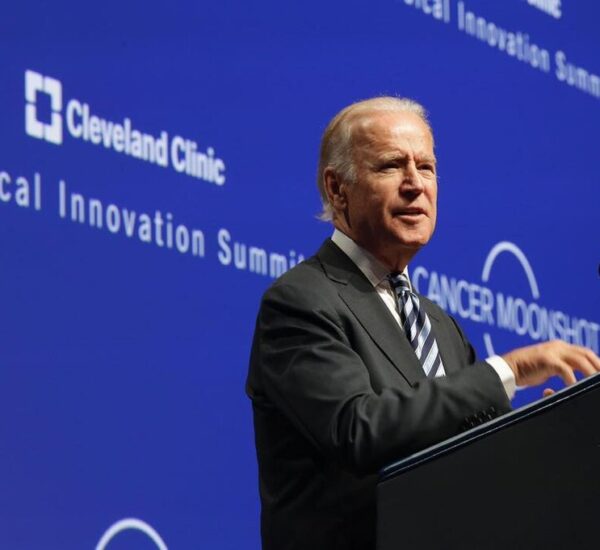Schumer needs to get a grip.
Senate Minority Leader Chuck Schumer (D-N.Y.) sparked controversy recently when he used a vulgar term to describe Republicans on live television during an intense debate about the GOP’s proposed stopgap funding plan aimed at preventing a federal shutdown. Schumer quickly apologized after calling Republicans “bastards” during his appearance on MSNBC, where he discussed his decision to support the GOP’s continuing resolution (CR) to fund the government through the end of September.
Schumer has been under heavy fire from the left, with many progressives accusing him of giving in to Republican demands. The GOP holds slim majorities in both the Senate and House, and their proposed CR would increase defense spending while cutting non-defense programs, a plan largely crafted without Democratic input.
During the MSNBC interview, Schumer argued that preventing a shutdown was paramount, especially in light of what he sees as Republicans’ harmful agenda. “It’s much better not to be in the middle of a shutdown, which would only take attention away from the real issue: these people are undermining democracy,” Schumer said.
The Senate was expected to vote on the GOP-backed stopgap measure on Friday, just before a midnight deadline to fund the government. While Republicans hold a 53-47 majority in the Senate, most bills, including the CR, require 60 votes to pass due to the filibuster rule.
As the debate continued, Schumer proposed an alternative plan: a “clean” 30-day funding bill, free from the cuts and defense spending increases that Republicans had pushed through the House. He called for a bipartisan agreement to avoid a shutdown, hoping that Republicans would join him in passing a short-term resolution.
Despite Schumer’s calls for compromise, he ultimately announced that he would vote to advance the House’s six-month stopgap plan. This move drew criticism from progressives, who accused him of caving to the GOP. Meanwhile, President Trump praised Schumer for his decision, calling it “the right thing” and commending him for his “guts and courage.”
Schumer has also used his platform to attack Trump and others, such as Elon Musk, accusing them of having authoritarian tendencies. Schumer warned that a shutdown under their leadership could lead to mass firings of federal workers, cuts to vital programs like Medicaid, and potentially devastating changes to Social Security. He expressed concerns that if a shutdown occurred, it could pave the way for significant reductions in government services that Americans rely on.
As Schumer tries to navigate these turbulent political waters, it remains clear that the debate over government funding will continue to shape the political landscape. The contrast between the approaches of Democrats and Republicans underscores the deep divisions in Washington, with each side vying to protect their priorities while ensuring the government stays open.

